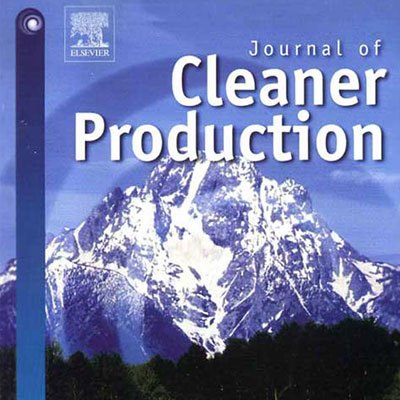
For the first time, a Ben-Gurion University pilot study has demonstrated that raw human excrement can potentially be converted to a safe, reusable fuel and a nutrient rich fertilizer, thus addressing two major worldwide issues of sanitation and fuel for energy in advance of World Toilet Day, which will be marked on November 19.
According to the groundbreaking study published in the Journal of Cleaner Production, researchers at BGU's Zuckerberg Institute for Water Research have refined a process using hydrothermal carbonization (HTC) to heat solid human waste in a designated "pressure cooker" and convert excreta into hydrochar, a safe, reusable biomass fuel resembling charcoal. The BGU researchers conducted similar research last year on turkey and other poultry excrement.
The development addresses two challenges prevalent in the developing world: sanitation and growing energy needs. While access to waste treatment worldwide has expanded significantly in recent years, approximately 2.3 billion people still lack basic sanitation services, according to the World Health Organization. This includes 892 million people – mostly in rural areas – who defecate in the open. The Bill and Melinda Gates Foundation sees sanitation as a major world health issue and has Reinvent the Toilet Challenge to address this problem.
“Human excreta are considered hazardous due to their potential to transmit disease," said Prof. Gross, who is the newly-appointed dean of the Zuckerberg Institute. While it is rich in organic matter, nutrients such as nitrogen, phosphorus and potassium, human waste also contains micro pollutants from pharmaceuticals, which can lead to environmental problems if not disposed or re-used properly.
Energy scarcity is also a challenge in these areas. Approximately two billion people worldwide use solid biomass, especially wood, which is converted into charcoal, and then used for cooking and heating. But these practices also leave a footprint on the environment – air pollution, greenhouse gas emissions, deforestation and soil erosion.
“By treating human waste properly, we can address both of these issues at once," Prof. Gross added.
In the pilot and laboratory study, the researchers subjected the raw waste material through HTC to three temperatures (180, 210 and 240 °C) and reaction times (30, 60 and 120 min.).The solids become dehydrated, creating a substance known as hydrochar, a combustible solid, as well as a nutrient-rich aqueous (liquid) phase.
The researchers, including doctoral candidates Reut Yahav Spitzer and Vivian Mau, also said the reaction that creates the hydrochars sterilizes the waste material, so it becomes safe to handle. The “coals" can potentially be utilized for household heating and cooking, while the liquid byproduct, (the aqueous phase) can be used as liquid fertilizer.
The study was funded by the Rosenzweig-Coopersmith Foundation and the Israel Water Authority.
Media Coverage
Israel21C
The Times of Israel
Newsweek
Jerusalem Post